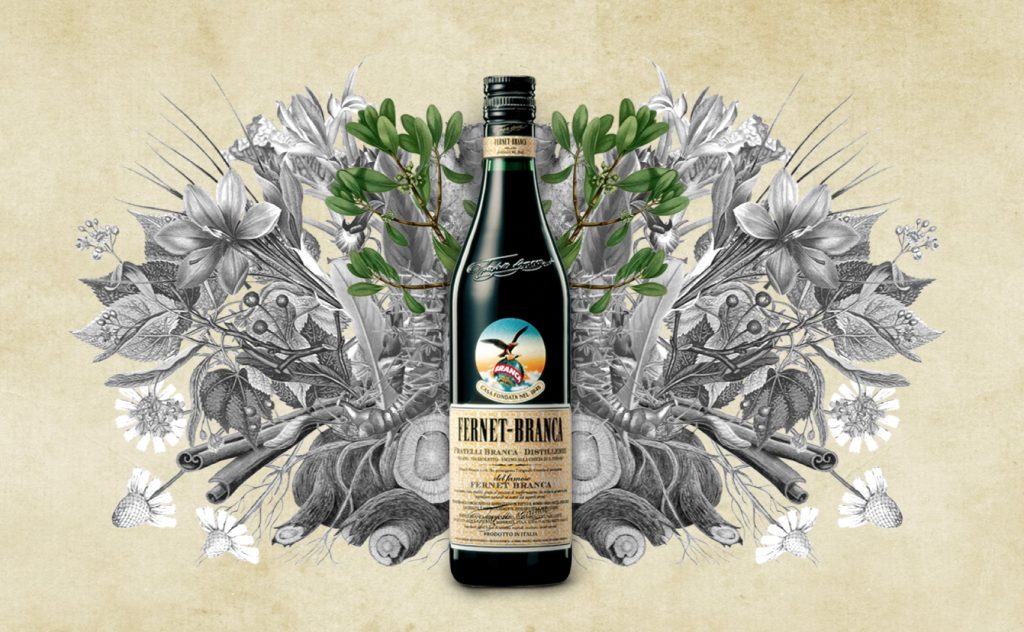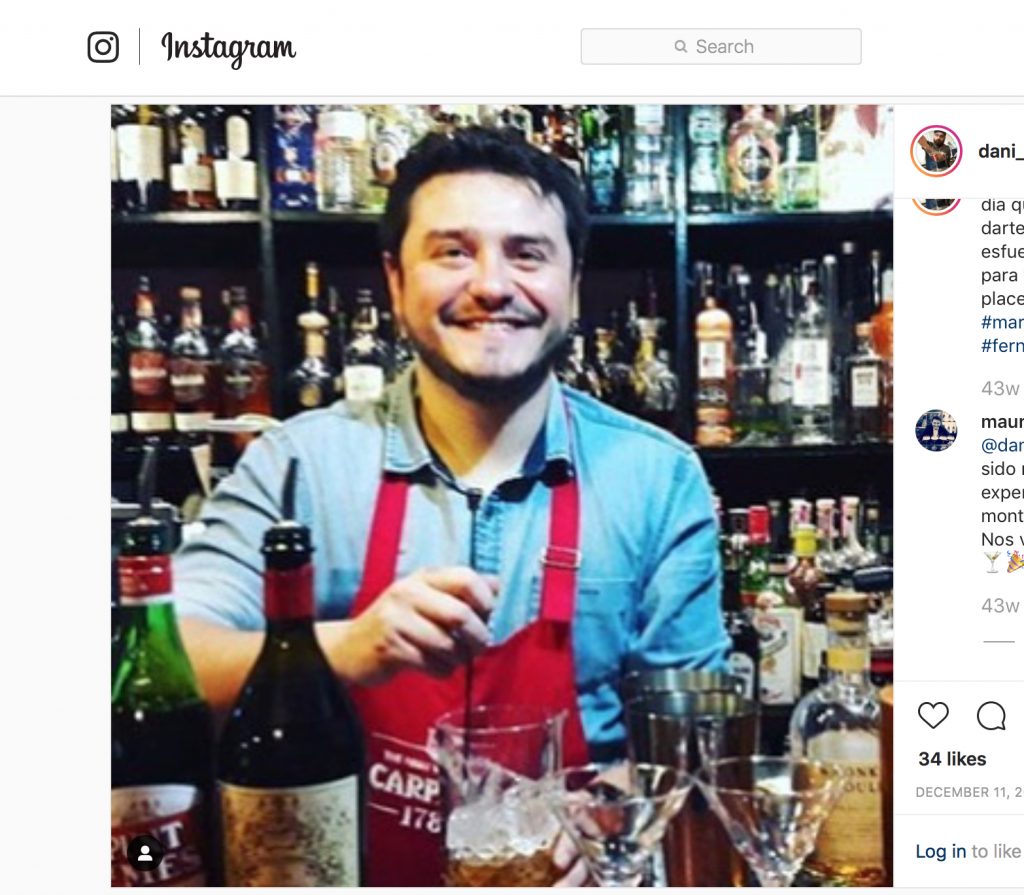A Shot of Jargon
Fernet-Branca.
What do these words mean to you?
If you’re like most people, maybe nothing.
If you’ve sampled this herbal liqueur, you might be repulsed.
If you’re in the bar business, you might be among colleagues.
I was introduced to Fernet by a friend in the hospitality industry. One night, after finishing a cocktail, he ordered shots of the dark, aromatic liquid for us and for our bartender. I was baffled (and a little put off) by the strange, indescribable flavor. But, once the empty glasses were down, it was clear that we’d struck a deeper rapport with our attending mixologist. I felt like I’d just been given guest privileges at a private club.

Fernet-Branca is an intensely flavorful amaro made from herbs, roots and spices. I’ve grown fond of its quirkiness and I find it to be a good palate cleanser. I also like their label artwork. But it’s not for everyone. I once ordered a round for a table of colleagues at a firm Christmas dinner. It was not well-received.
I think Fernet’s limited (or, rather, selective) appeal is why it’s a popular form of the “bartender’s handshake,” a subtle, knowing gesture among those in the hospitality industry. It quietly but clearly says, We’re of a class. But it’s also why my proffer of Fernet to my coworkers didn’t go over so well. In addition to not liking the taste, which I expected, the gesture lacked any deeper meaning for them. Rather than a handshake, it came across like a prank. Same liquid, two very different reactions.

In these ways, a shot of Fernet is a bit like workplace jargon. To those in the know, it speaks volumes quickly and efficiently. To those who aren’t in the know, it’s met with raised eyebrows, confusion and even disapproval. While a shot of Fernet might earn a friendly nod from my bartender, it produced pinched faces among my coworkers.

Generally, jargon is used as a pejorative term; it’s something to avoid. But I think there are types of jargon, and not all are bad.
Good jargon signifies knowledge and experience. It can make communication between those in the know more efficient and more precise.
Bad jargon hinders understanding and can lull sender, receiver or both into a false sense of understanding.
This Progressive Insurance ad has a little fun with industry jargon.
Sometimes, not even the person using the jargon knows what they’re really saying. This happens when clichés and other vapid words and phrases stand in for clearly formed thoughts. These idioms often start as precise technical terms or fresh metaphors. Because they work, more people start using them. Eventually, though, these terms fall into the lexicons of people who really only think they know the actual definitions. Through misuse and overuse, the meanings become muddied and the terms become stale. I have to be honest, I still don’t know what a “catbird seat” is and where that phrase comes from. (Well, I do now.)
For the person communicating, this kind of claptrap is pernicious. Avoiding it takes self-awareness, switching off the inner linguistic autopilot and communicating more deliberately. (Instead of “catbird seat,” why not just say, “we’re in an enviable position”? Unless, of course, you’re making an allusion to the James Thurber story.)
Other times, the speaker thinks the words they’re using are common parlance when, in fact, they are not. In HR, there are countless examples. Typically, these are technical terms, legalese, SPD-speak or the latest management buzzword. These words may seem fresh or precise to those in the know — and they probably are — but to people in other functions, they’re gobbledygook. Here’s a good test for this kind of jargon. Try using it in casual conversation with friends at the next happy hour. (SHRM mixers don’t count!) If you wouldn’t use it with them, you should be careful about using it with employees.
If clearly defined, generally understood and properly used, jargon can become more like a secret handshake at your workplace. If used carelessly, it can be as out-of-place as tipping your bartender with coinsurance.
